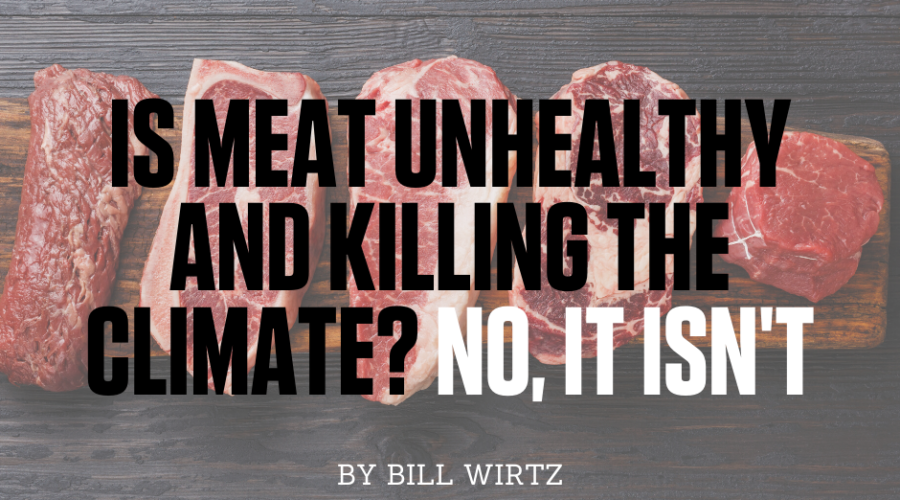Таллин возглавил мировой рейтинг городов с самой развитой системой шеринговой экономики
Таллин занял первое место рейтинга городов мира с самой развитой системой так называемой экономики совместного пользования, или шеринговой экономики.
Рейтинг Sharing Economy Index оценил доступность нескольких десятков шеринговых сервисов – например, каршеринга, городского проката велосипедов, самокатов и других видов транспорта, онлайн-платформ для поиска жилья непосредственно от владельцев, проектов утилизации продуктов, чей срок годности подходит к концу. Составители оценивали города по двум критериям: количество доступных шеринговых сервисов и удобство пользования ими.
В рейтинге рассматривались 52 мегаполиса мира, которые набрали от 40 до 100 баллов из 100 возможных, отмечает Европульс.
Read more here
The Consumer Choice Center is the consumer advocacy group supporting lifestyle freedom, innovation, privacy, science, and consumer choice. The main policy areas we focus on are digital, mobility, lifestyle & consumer goods, and health & science.
The CCC represents consumers in over 100 countries across the globe. We closely monitor regulatory trends in Ottawa, Washington, Brussels, Geneva and other hotspots of regulation and inform and activate consumers to fight for #ConsumerChoice. Learn more at consumerchoicecenter.org

















